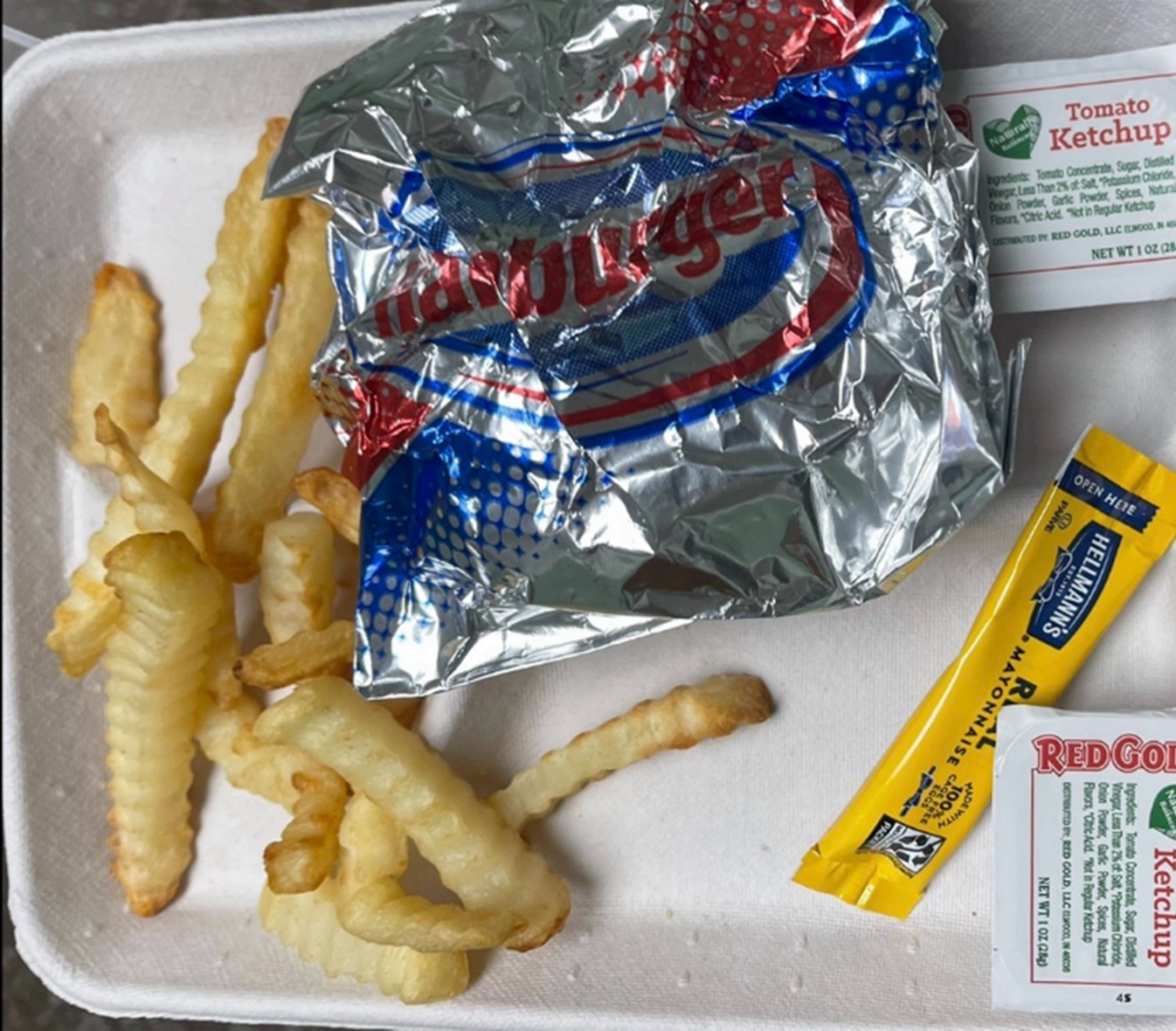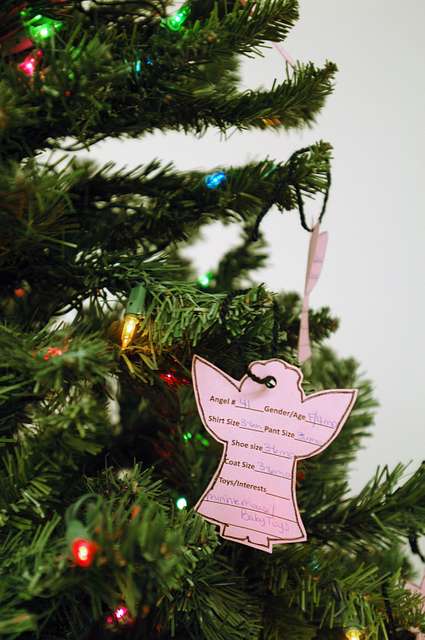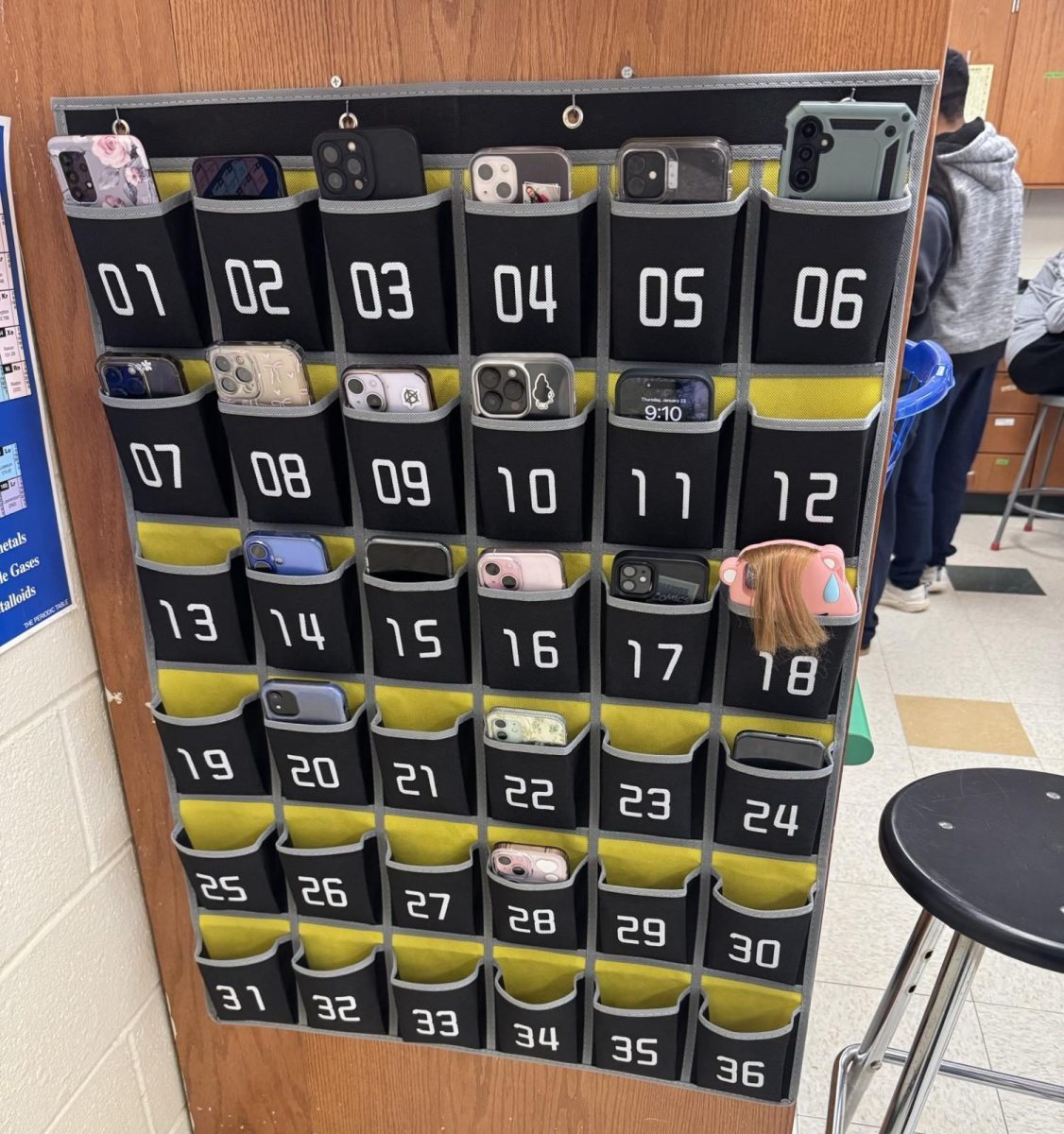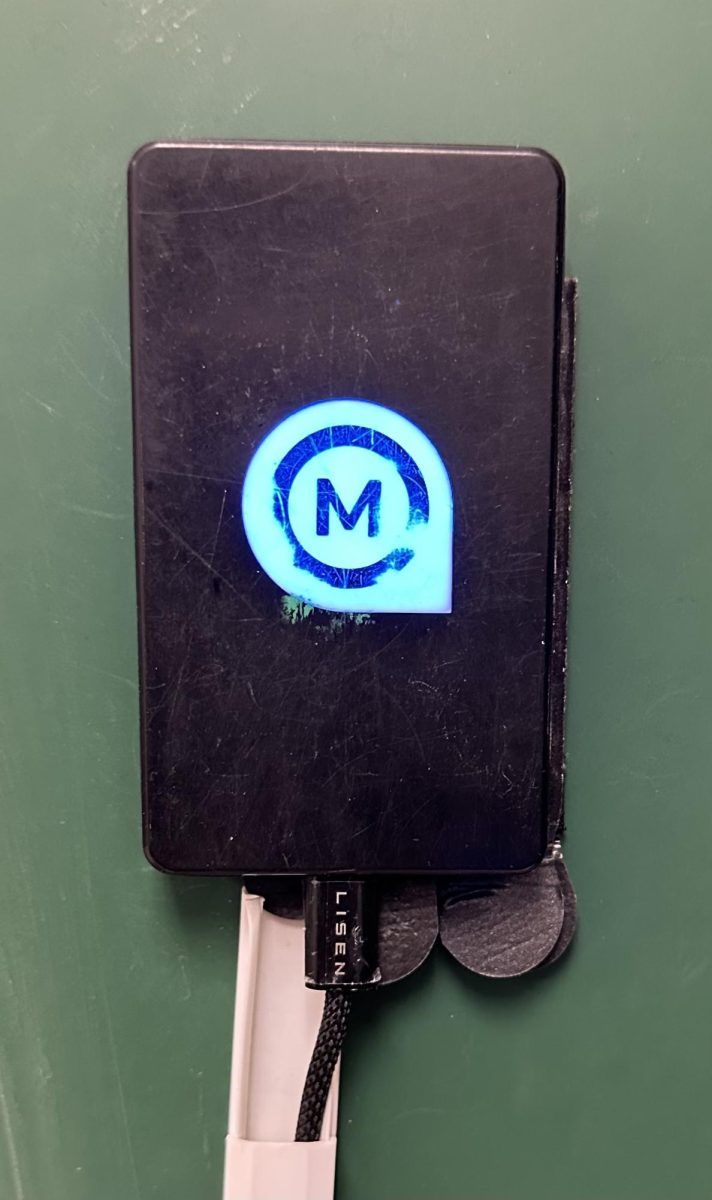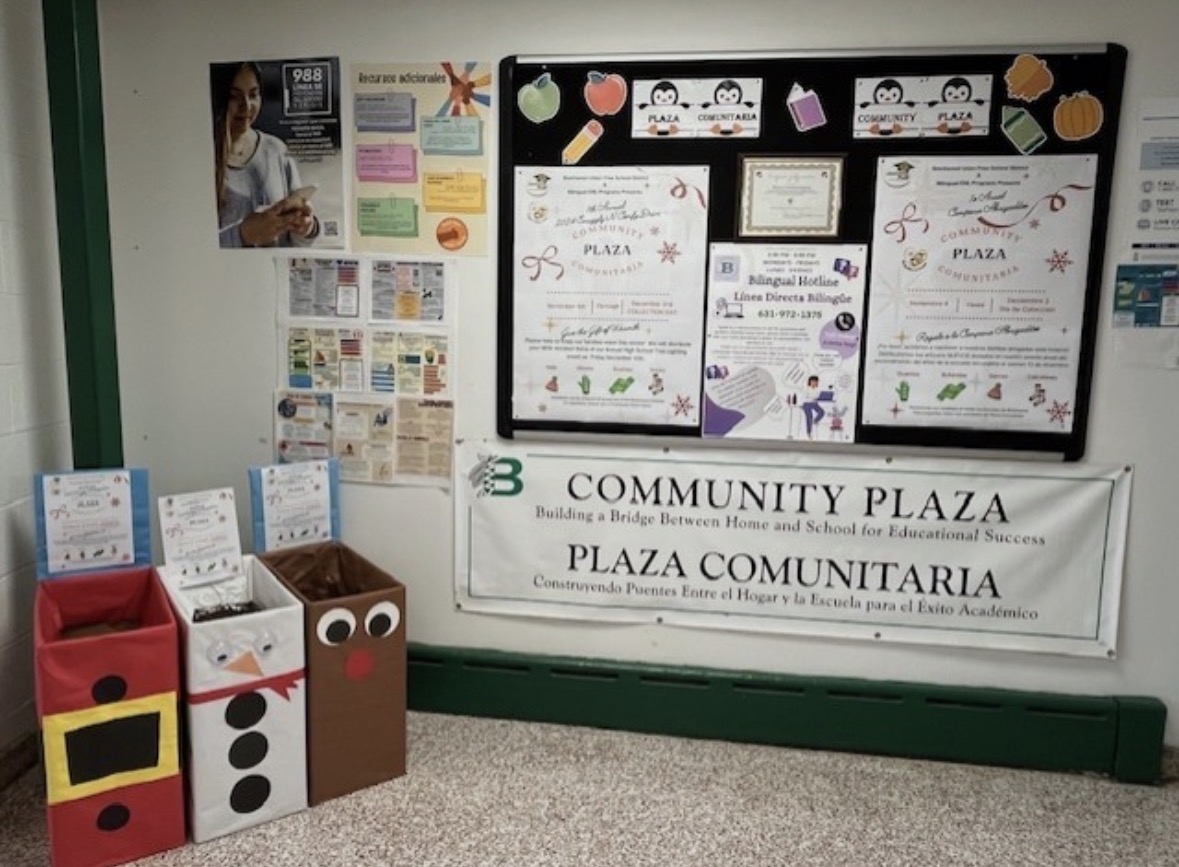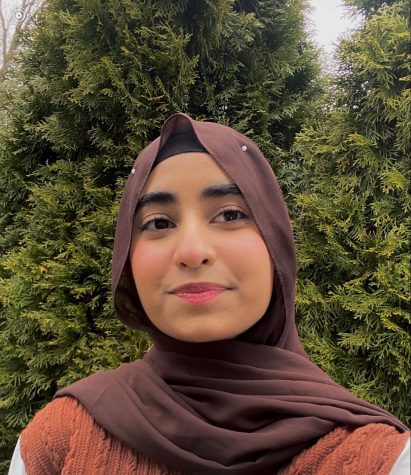The introduction of halal-certified food options in Brentwood School District’s cafeterias in September 2022 represented a noteworthy stride in fostering equity and inclusion. This initiative recognized the increasing Muslim student population in the district, totaling over 1,000 children.
By adhering to Islamic dietary guidelines, serving halal food became a symbol of the district’s commitment to accommodating diverse cultural and religious needs of its growing community.
In an article by Newsday reporter Brinley Hineman, entitled “Brentwood Schools to Debut Halal Meals as a Permanent Cafeteria Option,” the move to serve Halal food was initially proposed by trustee Hassan Ahmed, the first Muslim and Pakistani American official elected in Suffolk County. Notably, no other Long Island districts offered permanent halal options to students at the time of its inception.
The district has been praised by many Muslim students for its efforts to do something that has not been done before. Maham Farooq, a sophomore, described the inclusion of halal food in cafeterias as “a lifechanging moment, allowing me to eat the foods that everyone else eats too, making me feel acknowledged and heard.”
However, a significant issue remains. Several Muslim students have noted that the quantity of halal food being cooked and served is lacking, most notably in the Sonderling Center cafeteria.
“[There] is not enough halal food to feed every Muslim student,” said Alisha Arshad, a Muslim senior. “The halal food runs out by 7th period in Sonderling.”
Other Muslim students commented on a lack of quality, especially when compared to the non-halal food options.
“I asked for tacos and the oil from the meat was dripping from the paper plate and left stains at the table,” said Maham Siddiqi, a Sonderling senior. “The oil was unbearable, so I had to throw it out.”
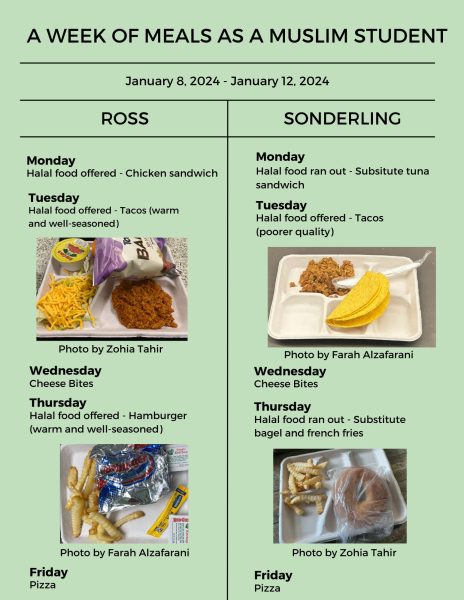
Muslim students have had better experiences with the halal food served on the Ross side of the school building, however.
“The Ross food is better seasoned, more appealing, and warm,” said Alisha Ahsan, a senior who has eaten halal food in both Ross and Sonderling cafeterias. “It is at the same standard as the non-halal food.”
Some students, like Ihtisham Farooq, a junior, believe that the discrepancies in quantity and quality have to do with the way the food is cooked and served.
“The Ross halal food is evidently better prepared,” Farooq said.
The experiences of students like Ahsan and Farooq highlight the need for a more robust approach to address the concerns over the halal food menu.
When student reporters fom the Pow Wow interviewed Dr. Dulin, Acting Principal of Brentwood High School, Dr. Dulin sought to immediately address the issues raised. She made plans to collaborate with the food services director to investigate the issues raised by the students and offer solutions.
Dr. Dulin’s plan includes “organizing food tastings with diverse options where Muslim and non-Muslim come to taste the food and provide feedback.”
With this feedback, Dulin aims to establish communication with food services to change the company providing the halal meals or provide more specific instructions for the cafeteria cooks to follow.
According to Carol Ann Grodski, the director of Food Services for Brentwood School District, the cafeteria workers in the Ross building were well-trained when the new halal menu was first implemented. Compared to the workers in the Sonderling Center, Grodski notes that Ross cafeteria staff had more interactions and experiences when learning how to prepare the food.
“Cooking halal food requires a different approach…and [certain] staff members may need to be retrained,” Dr. Dulin said.
With regard to the quantity issue, Grodski notes that not all Muslim students opt to eat halal lunch every day, which is why cafeterias have limits on the amount of halal food that is made. Nevertheless, Dr. Dulin acknowledges that the high school will need to establish more accurate numbers of Muslim students who plan to take advantage of the halal menu to fix the quantity issue while still avoiding food waste.
To address this, Dr. Dulin intends to distribute a survey among Muslim students to get an estimate of how many students regularly eat halal food in the Sonderling cafeteria. This will help the cafeteria staff to make more informed decisions about meal quantities.
The halal food menu enhancements are not just about meeting dietary needs; they’re about fostering an inclusive environment that respects and values the cultural and religious diversity of all students. Brentwood High School should not only provide halal options – they should set the standard so that other districts can follow.



